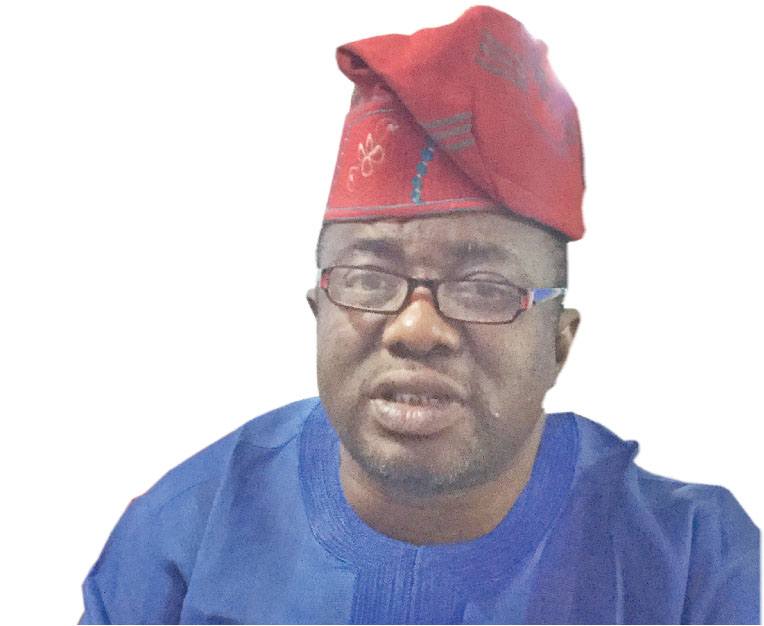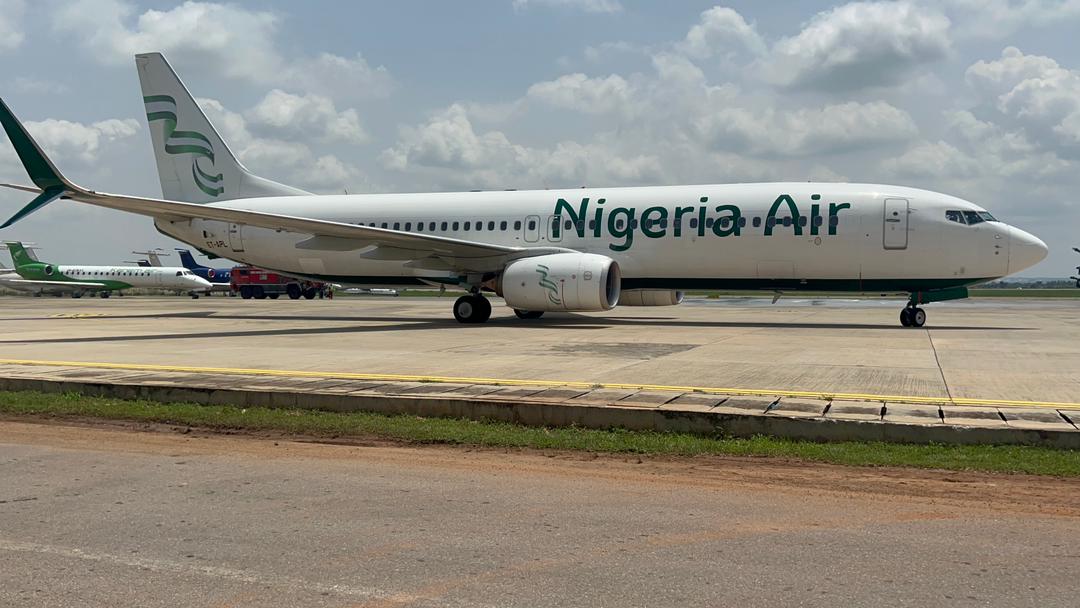The title of this short piece is adapted from a book by a leading Nigerian political scientist, Prof. Claude Ake, of blessed memory. The original work was titled “Revolutionary Pressures in Africa”.
Yorubaland is undergoing revolutionary pressures. The masses are fed up with the present social order.
There is no family in Yorubaland without unemployed graduates. Certainly, every family has unemployed people.
Every worker in Yorubaland earning an income is poor. Yoruba people say, “One rich man among a multitude of indigent folks, is a poor man”. The Yoruba worker is poor because he is his brother’s keeper. He spreads his salary or profit thin among his unemployed family members, friends, and acquaintances.
So, Yoruba people are suffering and unhappy. And what compounds their dire situation further is hopelessness. There is no hope in the horizon. The caliber of politicians at the helm of affairs as governors, federal and state legislators representing them, down to Local Government operators are mostly charlatans who see government as an avenue to make quick and easy money; and they’re succeeding and the suffering people can see it.
But Yoruba people are no longer folding their arms, attending night vigils or performing ablution, or praying and fasting and expecting miracles to change their lot. They’re always in a fasting mode anyway, courtesy of rising cost of food. Imagine a congo of gari selling at N1,000 – something that used to cost N250! That’s I just an example. Some families have stopped eating meat long ago.
The Yoruba are now in a revolutionary mood and mode. Revolution, as we know, is dialectical. It’s a struggle of opposites. In this regard, there are two levels of dialectical struggles.
The first is between the Yoruba masses and the Federal Government of Nigeria, which they’ve tagged Fulani Government of Nigeria (FGN). So, next time a Yoruba person says FGN, ask him to say it in full for clarity. The leader of the FGN is President Muhammadu Buhari, supported by Miyetti Allah and the untouchable band of roving Fulani militia ravaging Yoruba farming communities and highways with impunity.
The other level of the dialectical struggle, albeit at its incipient stage, is between the masses and the Yoruba politicians whose concern isn’t about bringing down the prices of foodstuffs or providing jobs for the jobless, or even providing security. Their fixation is to retaining or acquiring power in 2023. And anything that stands in the way, including those seeking alternative pathway to freedom and abundant life in an independent Yoruba Nation, must be crushed.
One will not be telling you anything new by observing that the common belief among the Yoruba masses is that the masterminds of efforts aimed at crushing revolutionary pressures in Yorubaland manifested in #EndSARS protest, Yoruba Nation Rallies and the like, are, primarily, the Yoruba politicians. The politicians see the revolutionary pressures as antithetical to their dominant power positions in Yorubaland and would brook no challenge. Hence, they work in cahoots with Abuja to crush protesters.
A Lagos political godfather and his surrogate in office are usually fingered openly in this connection. The insinuation is that the Yoruba Nation Rally became bloody in Lagos because they wouldn’t want anyone to be seen as capable of pulling more crowd than them in the city, which they had envisaged would be the case going by the experience of previous rallies in Akure, Osogbo, Ibadan, Ekiti, and Abeokuta.
The stage thus seems set for a showdown between the politicians who are after their own selfish interest and the masses fed up with their shenanigans and the misery they perpetuate.
Unless the politicians are able to subordinate their selfish quest to the common good and interest of the masses without further delay by aligning with the popular aspiration for a Yoruba Nation or by securing a better and a new deal for the masses in the context of a united Nigeria, a bloody revolution is bound to occur in a manner reminiscent of Operation Wetie in the First Republic, Agbekoya Revolt of the late 60s, and the Civil Revolt in August 1983 against the rigging of the gubernatorial election of that year in the old Ondo State in the Second Republic.
The level of mobilisation and resolution I observe on the streets and the social media among the Yoruba masses, home and abroad, seeking an independent homeland from Nigeria, is like a moving train that cannot be stopped by standing in its track.
The train is accelerating and it doesn’t appear leaders at the local and national levels have what it takes to stop it. The local ones are too timid and selfish, while the national ones are too intellectually challenged and arrogant to stop it, believing as it were, that every dissent can be crushed with force.
The days and months ahead certainly promise to be most interesting as we trudge on towards 2023.
Prof. Femi Olufunmilade is a political scientist.
Email: femiology@gmail.com








